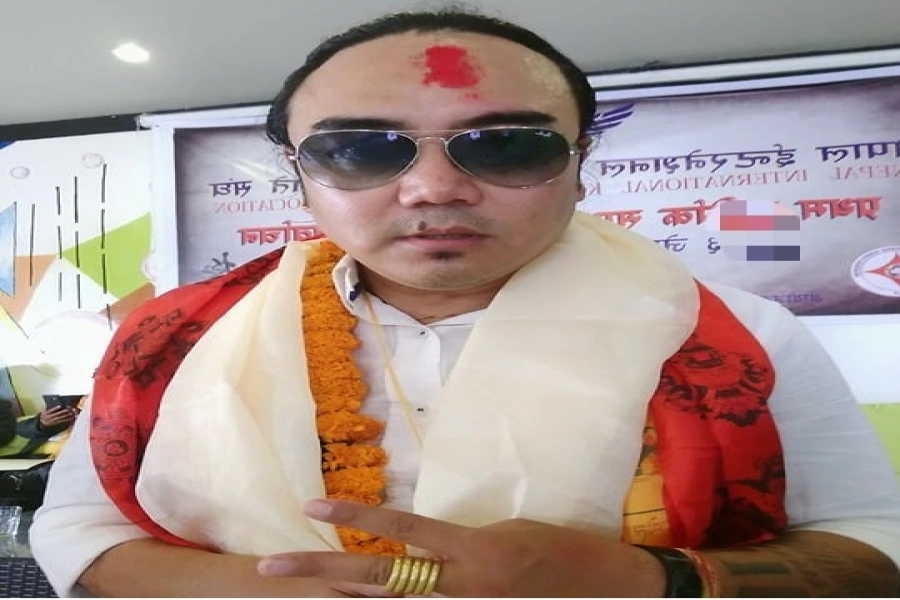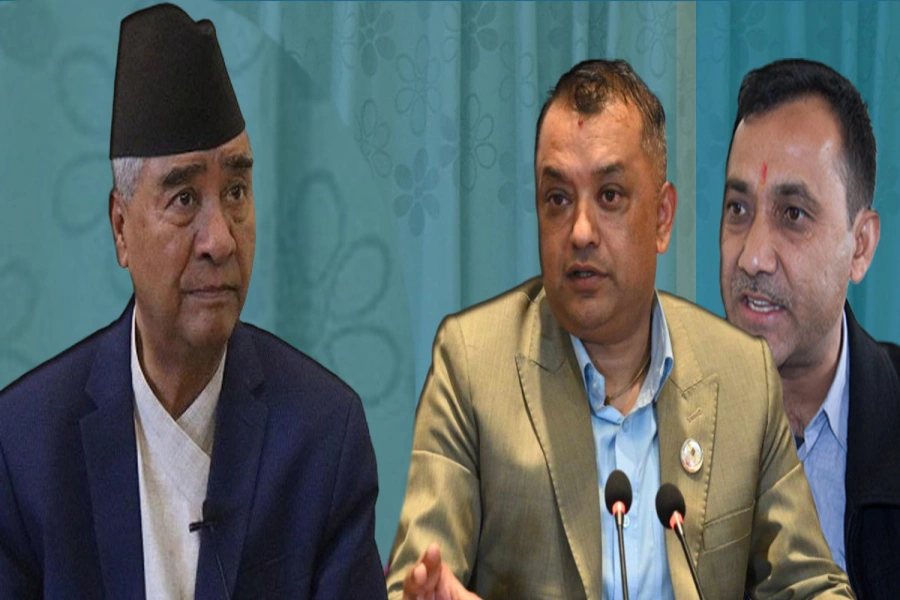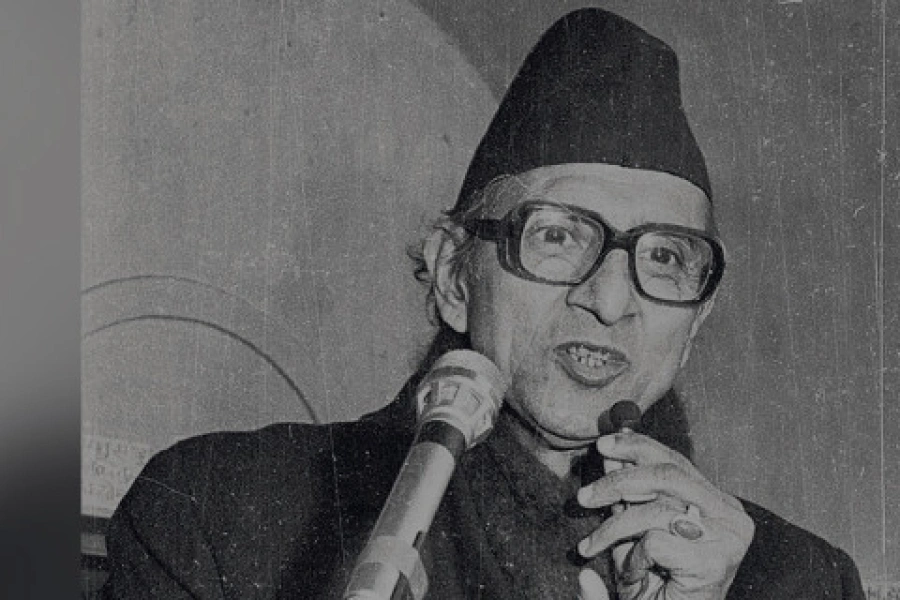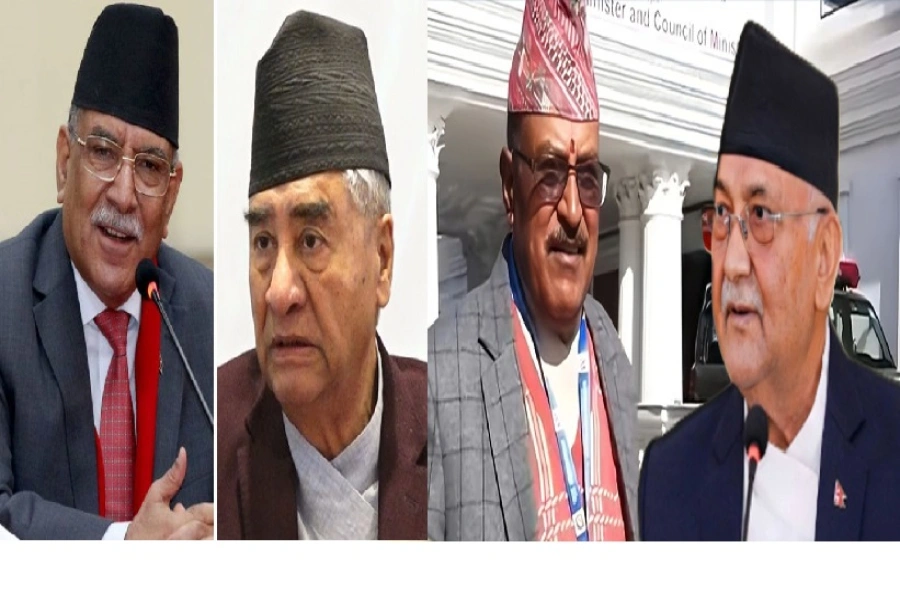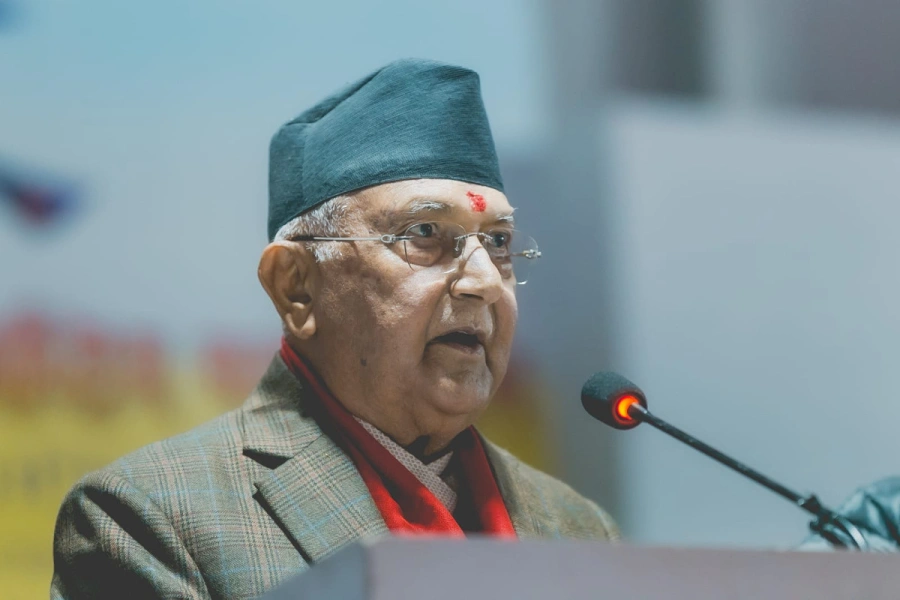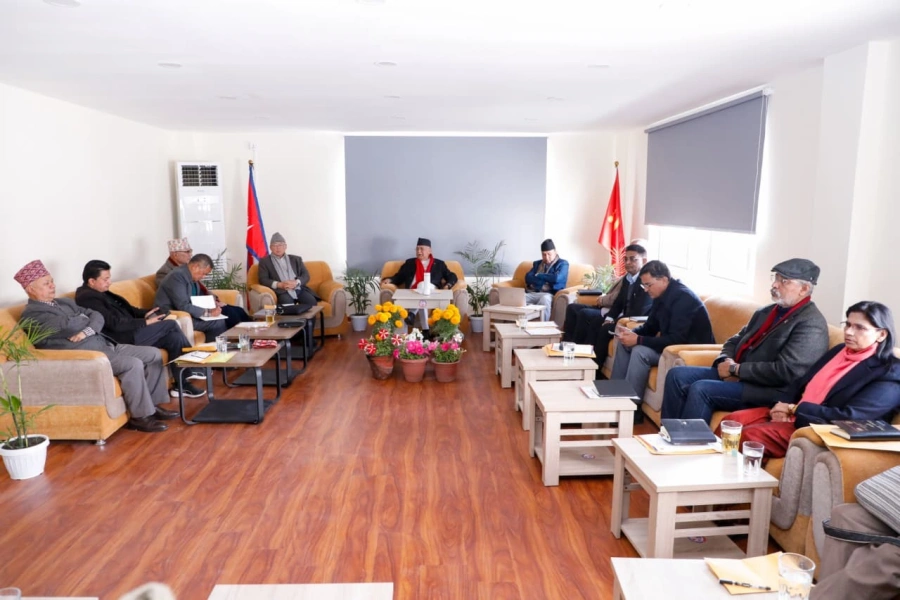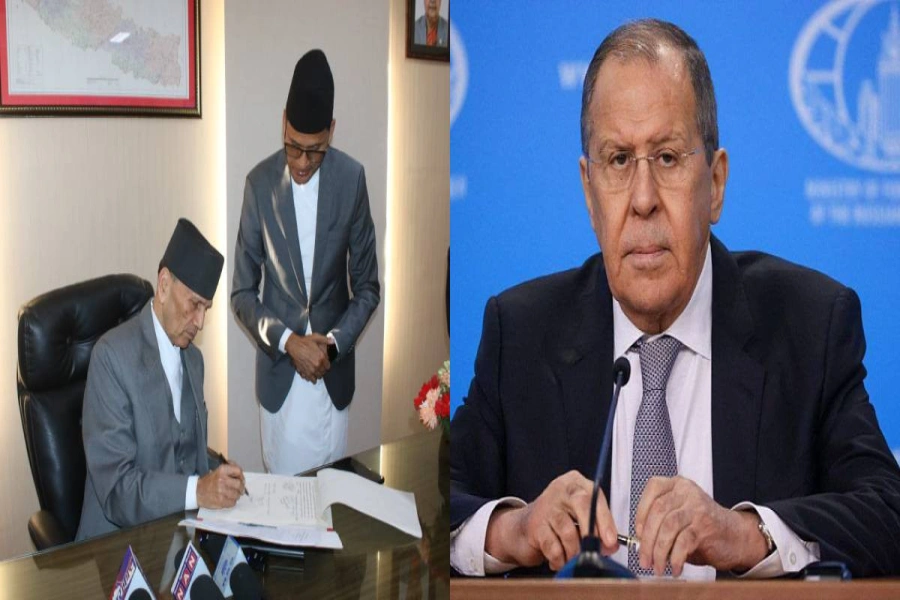Teachers in politics
The eighth amendment of the Education Act (2016) bars public school teachers from holding executive posts in political parties. The goal was to ensure that these teachers were not involved in active politics while they should have been teaching. Yet the ambiguous eighth amendment, which prevents teachers from holding executive posts in parties but is silent on other kinds of political involvement, has failed to deter public school teachers from active politics. It is interesting that around 1,000 school teachers across the country have resigned from their posts to contest the ongoing local elections.
Of course, every Nepali citizen has the right to take part in politics, and teachers are no exception. But to what extent? Surely, a public school teacher cannot take part in a political meeting or a rally by ditching his class? Yet anecdotal evidence suggests that bunking classes to take part in such political activities is fairly common. Also, the school teachers who are contesting local election this time are unlikely to have gotten tickets from big parties like Nepali Congress and CPN-UML had they not been actively involved in politics for a long time.
The extent of politicization of teachers is evident from the fact that of around 300,000 school teachers in the country, 85,000 are members of Congress-affiliated Nepal Teachers Union (NTU), 72,000 are members of UML-affiliated Nepal National Teachers Association (NTU) and 45,000 are with Maoist-affiliated Unified All Nepal Teachers Association (UANTA). Hundreds more are affiliated to other smaller parties. In other words, more than two-thirds of school teachers in Nepal are members of this or that party. These teacher organizations argue that since teachers are an educated lot, they should in fact take the lead in social change, including in education. This, in their view, is only possible when teachers can be actively involved in politics. If only things were so straightforward. There may be a handful of teachers who are active in politics to effect the desired social change, yet most of them are into politics because they see no other way to career advancement. The extent of politicization of our public schools is also evident in the often-bloody elections for the School Management Committees (SMCs): rival political parties have routinely clashed, and sometimes even killed rival candidates, in these bitter contests, which are essentially for the division of spoils going for the upkeep of these schools.
It is clear that the eighth amendment was made deliberately obscure by big parties so that teachers could continue to moonlight as their trusted political cadres. There are other troubling aspects of the eighth amendment, which, for instance, does away with the previous provision that the SMCs must be led by parents. This will now give political appointees complete control over school purse-strings. We are afraid that the already troubling gap between public and private schools will further grow if our teachers, who are supported by taxpayers, continue to be allowed to openly engage in politics. There might be some benefits of teachers’ involvement in politics, but the burden of proof suggests that this does far more harm to public schools and their students. There must thus be a firm dividing line between politics and teachers on state’s payroll.
Evidence-Based Policy Making in Nepal: Challenges and the Way F...




